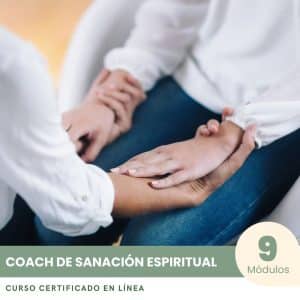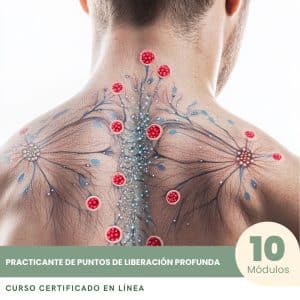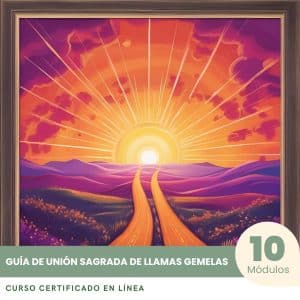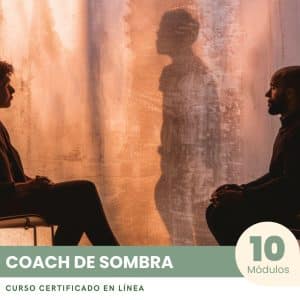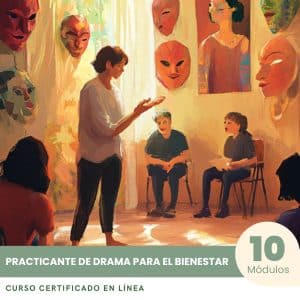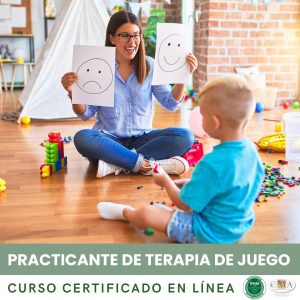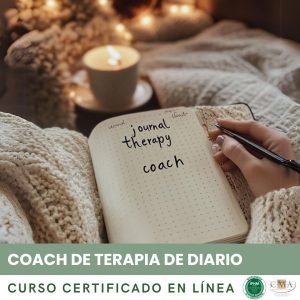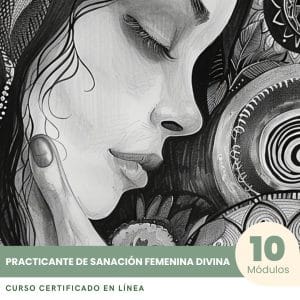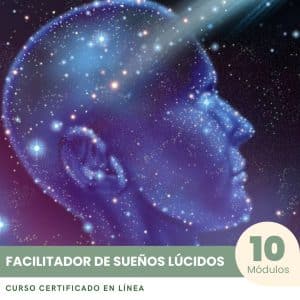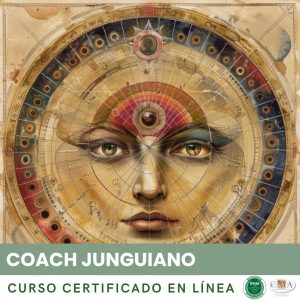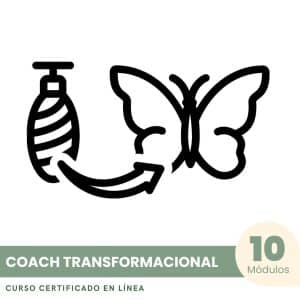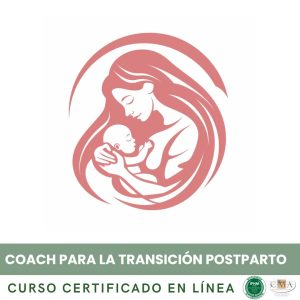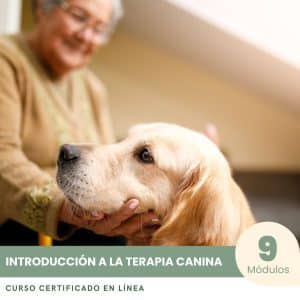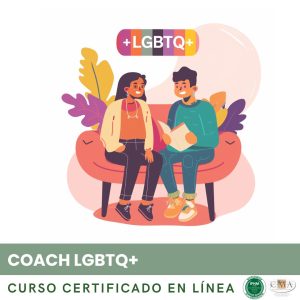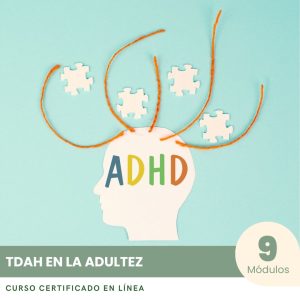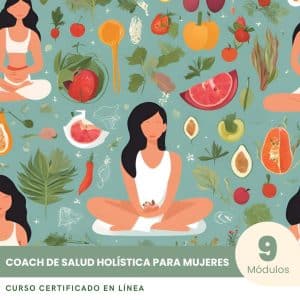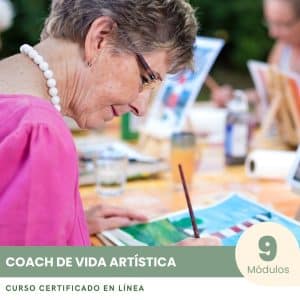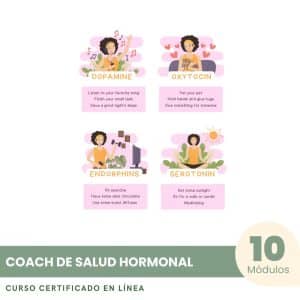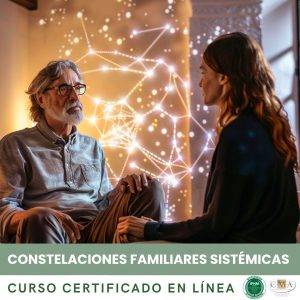4.3 – Recognition of Skills and Talents

Recognizing one’s skills and talents is a fundamental step in the process of discovering one’s Ikigai. It is by identifying what we naturally excel at, what is easy and pleasant for us, that we can begin to build a professional and personal life in harmony with our unique potential.
Skills are the know-how and abilities that we have developed over our experiences, our training, and our practice. They can be technical, such as mastery of software or a musical instrument, or more transversal, such as communication, project management, or creativity. Our skills are the fruit of our commitment, perseverance, and desire to progress in a domain.
Talents, on the other hand, are our natural inclinations, our innate gifts that make certain activities particularly easy and rewarding. These are the areas where we feel things flow naturally, where we feel “in our element”. Some have a natural talent for languages, others for drawing, sports, or human relations.
Identifying one’s skills and talents is essential to take a kind and objective look at one’s path. We can ask ourselves questions like: “In what areas do I easily succeed?”, “What are the tasks that are naturally entrusted to me?”, “For what activities do I often receive compliments?”.
It is also very useful to solicit feedback from our entourage, whether it be our loved ones, our colleagues, or our former teachers. Often, people who know us well have a clear vision of our strengths and can help us identify them.
Another powerful approach is to reminisce about successes and moments of pride, exploring the skills and talents that have contributed to these accomplishments. By dissecting these positive experiences, you can become aware of the inner resources that have allowed you to overcome challenges and achieve your goals.
There are also numerous assessment tools, like the VIA (Values in Action) test that identifies character strengths, or the MBTI (Myers-Briggs Type Indicator) test that explores cognitive and relational preferences. These tools, while not to be taken literally, can offer interesting avenues of reflection for better self-knowledge.
In the context of Ikigai coaching, assisting in the recognition of skills and talents occupies a central place. The coach helps the client to take a fresh look at their journey, identify the common threads of their successes, and highlight their unique resources.
For example, the coach can suggest the client create their “skill tree”, a creative exercise that visually represents their skills and talents in the form of a tree. The roots symbolize basic skills, the trunk transversal skills, and the branches specific skills. This exercise helps to become aware of the richness and diversity of one’s assets and link them to concrete application areas.
The coach can also invite the client to conduct exploratory interviews with inspiring people, asking them about their journey, their key skills, and their vision of the client’s strengths. These interactions can be very enlightening for discovering self facets previously ignored and strengthening confidence in one’s abilities.
The recognition of one’s skills and talents is a process that requires humility, lucidity, and celebration. It is by accepting to see oneself in a positive light, daring to recognize one’s unique gifts, that one can align one’s Ikigai with potential and chart a path towards a more fulfilling and inspiring life. This is also achieved by cultivating your skills and making your talents bear fruit that you can bring value to the world and find a profound sense of existence.
Points to Remember:
– Acknowledging your capabilities and talents is essential to discover your Ikigai and create a fulfilling professional and personal life.
– The skills are the know-how developed by experience, training, and practice, whereas talents are natural dispositions that make certain tasks easy and rewarding.
– To identify your abilities and talents, you need to take a compassionate look at your path, ask the right questions, seek feedback from your peers, and explore your past successes.
– Assessment tools like the VIA or MBTI test can provide avenues of insight for better self-understanding.
– In Ikigai coaching, the coach assists the client in acknowledging their unique resources through exercises like the skills tree or exploratory interviews.
– Recognizing your skills and talents requires humility, clarity, and celebration of your unique potential.
– By cultivating your skills and talents, you can align your Ikigai, contribute value to the world, and find a profound meaning to your existence.
👉 To download docx (Editable) file click here : Click here
👉 To download PDF file click here : Click here
👉 To download MP3 file click here : Click here


